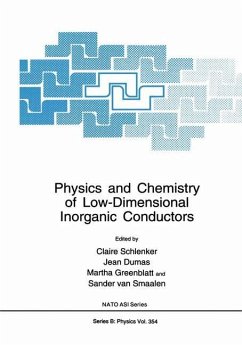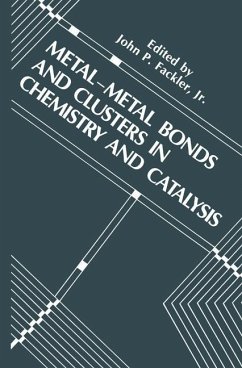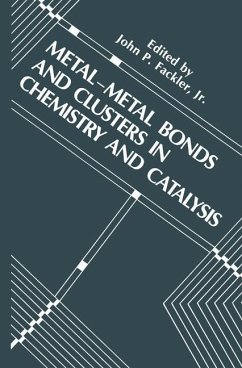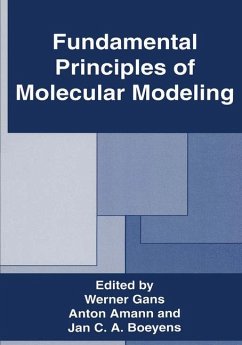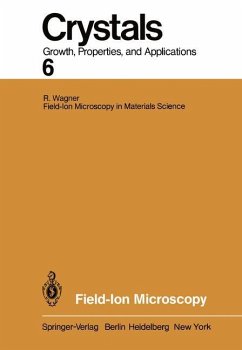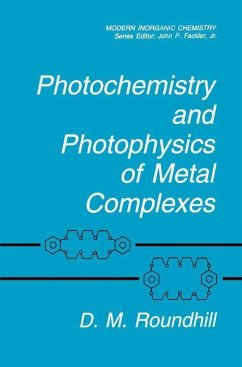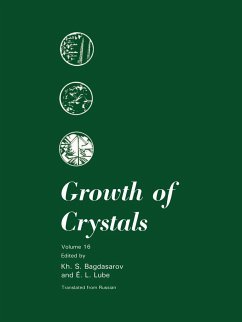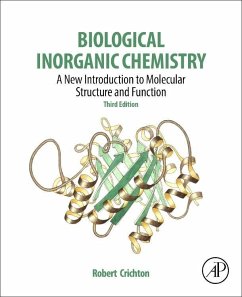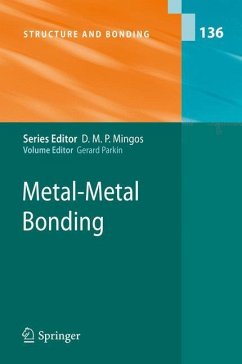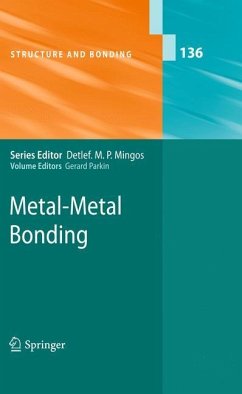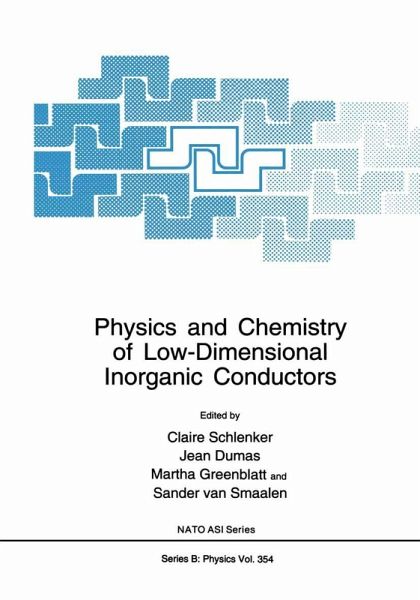
Physics and Chemistry of Low-Dimensional Inorganic Conductors

PAYBACK Punkte
77 °P sammeln!
The field of low-dimensional conductors has been very active for more than twenty years. It has grown continuously and both the inorganic and organic materials have remark able properties, such as charge and spin density waves and superconductivity. The discovery of superconductivity at high temperature in copper-based quasi two-dimensional conducting oxides nearly ten years ago has further enlarged the field and stimulated new research on inorganic conductors. It was obviously impossible to cover such a broad field in a ten day Institute and it seemed pertinent to concentrate on inorganic con...
The field of low-dimensional conductors has been very active for more than twenty years. It has grown continuously and both the inorganic and organic materials have remark able properties, such as charge and spin density waves and superconductivity. The discovery of superconductivity at high temperature in copper-based quasi two-dimensional conducting oxides nearly ten years ago has further enlarged the field and stimulated new research on inorganic conductors. It was obviously impossible to cover such a broad field in a ten day Institute and it seemed pertinent to concentrate on inorganic conductors, excluding the high Tc superconducting oxides. In this context, it was highly desirable to include both physics and chemistry in the same Institute in order to tighten or in some cases to establish links between physicists and chemists. This Advanced Study Institute is the continuation of a series of similar ones which have taken place every few years since 1974. 73 participants coming from 13 countries have taken part in this School at the beautiful site of the Centre de Physique des Houches in the Mont-Blanc mountain range. The scientific programme included more than forty lectures and seminars, two poster sessions and ten short talks. Several discussion sessions were organized for the evenings, one on New Materials, one on New Topics and one on the special problem of the Fermi and Luttinger liquids. The scientific activity was kept high from the beginning to the end of the Institute.





